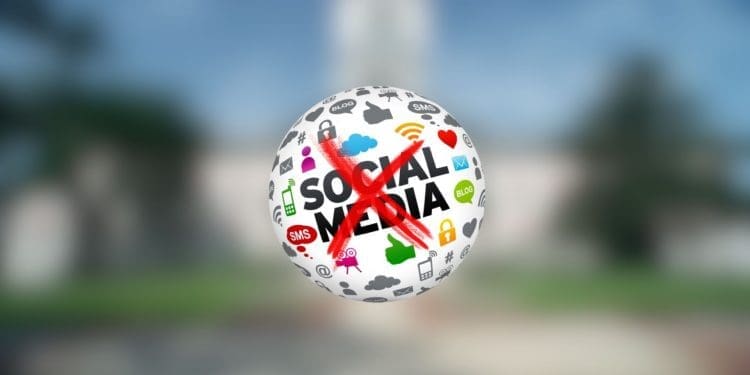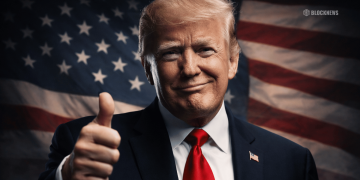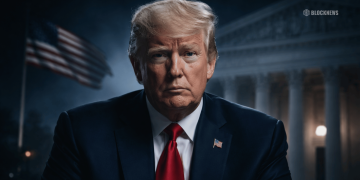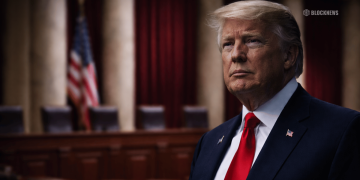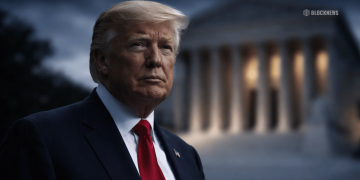- The Florida House passed a bill banning social media for minors under 16, requiring platforms to delete accounts and implement age verification. The measure aims to address concerns about mental health risks.
- The bill’s sponsor called social media “digital fentanyl” but some Democrats opposed it as contradicting parental rights. Supporters cite research on potential harms, while critics say it undermines parents and raises free speech issues.
- The bill faces uncertainty, with industry groups like Meta and Netchoice arguing it is unconstitutional overreach. But its House approval shows bipartisan worries about social media’s impact on youth.
The Florida House of Representatives passed a new bill this week that would ban social media for minors under 16. The bipartisan measure, known as HB 1, was approved in a 106-13 vote on Wednesday.
What the Bill Would Do
HB 1 aims to prohibit minors under 16 from creating new social media accounts. It would also require platforms to terminate existing accounts belonging to users below that age threshold.
Companies would need to implement age verification systems to identify account holders who are under 16 and don’t have parental consent. The law would take effect in July if passed by the Senate and signed by Governor Ron DeSantis.
Reactions from Legislators
The bill’s sponsor, Rep. Fiona McFarland (R-Sarasota), referred to social media as “digital fentanyl” in arguing for its passage. She said tech companies are aware these platforms can be addictive but have failed to protect minors.
Some Democrats opposed the measure, saying it contradicts recent GOP efforts in Florida to expand parental rights. “In this bill we’re saying parents have no ability at all to make the ultimate decision,” said Rep. Ashley Gantt (D-Miami).
Potential Benefits and Harms of Social Media Use
According to a 2023 U.S. Surgeon General’s advisory, 95% of 13–17-year-olds use social media currently. Research shows potential mental health benefits like community building. But studies also reveal increased risks of anxiety, depression, and other issues.
Pushback from Industry Groups
Meta, Facebook’s parent company, opposes HB 1. In a letter, it argued the bill would undermine parents’ authority and fail to create “robust industry-wide standards.”
NetChoice, a tech trade group, also criticized the measure as unconstitutional government overreach. Similar laws have been blocked in other states after lawsuits from NetChoice and digital rights organizations.
Conclusion
The fate of Florida’s social media ban for minors remains uncertain. But its approval in the House shows bipartisan concern over social media’s impact on youth. If enacted, it would establish the most restrictive policy yet limiting technology companies and underage users.


